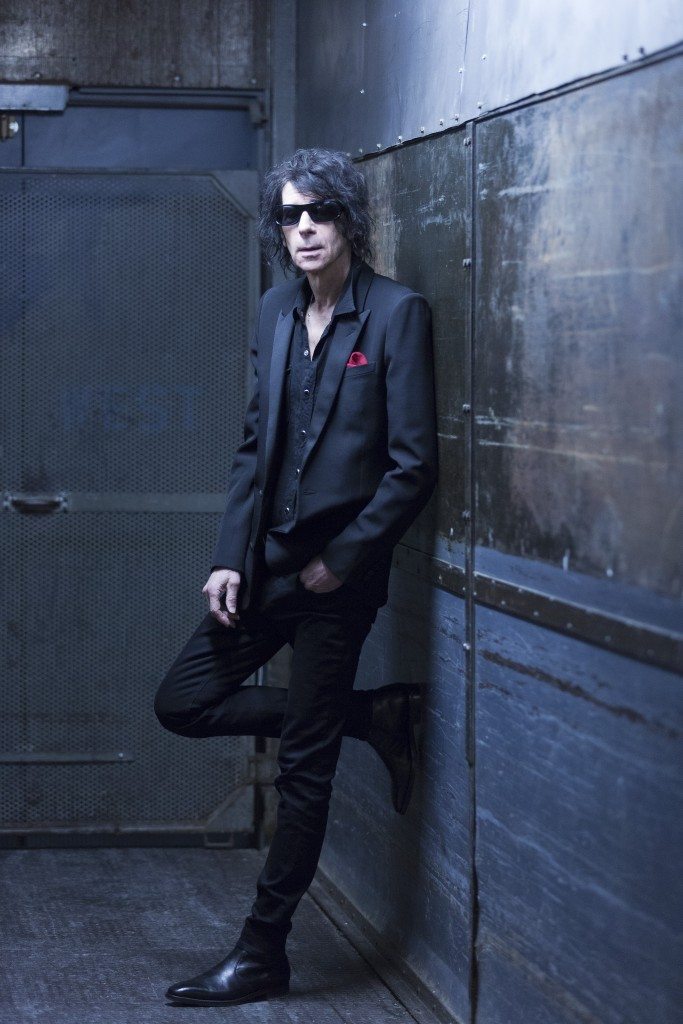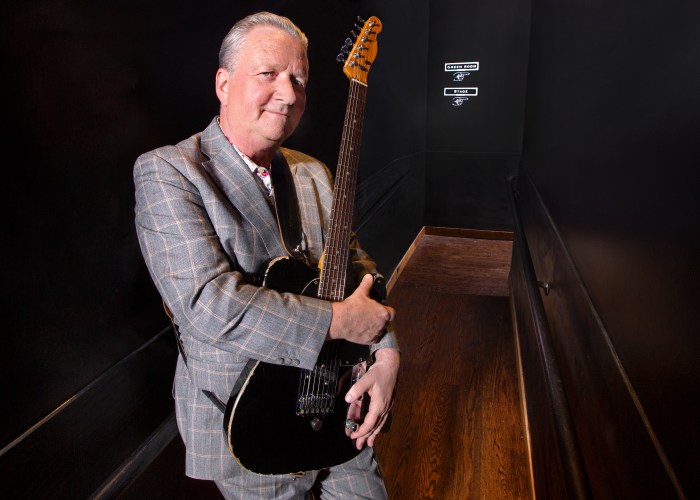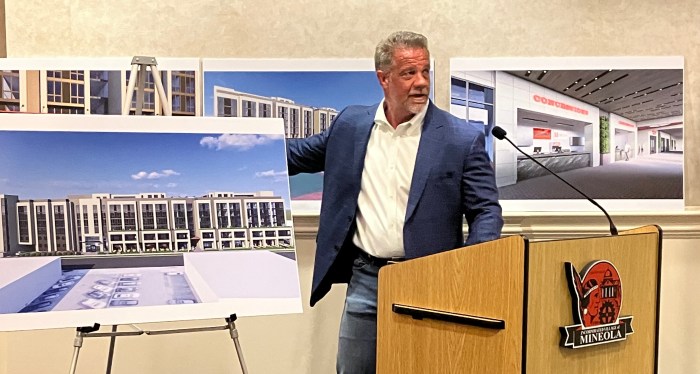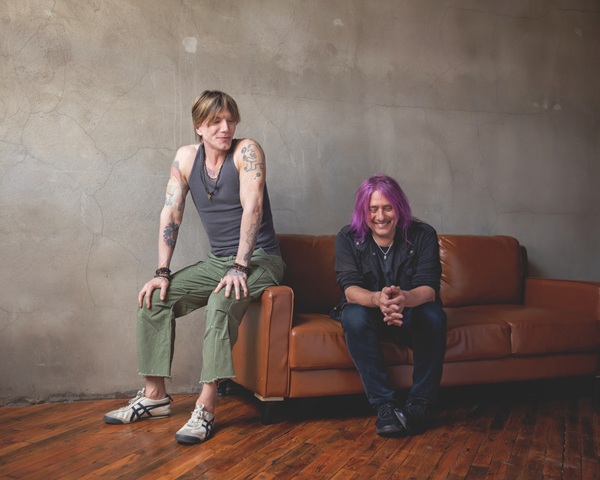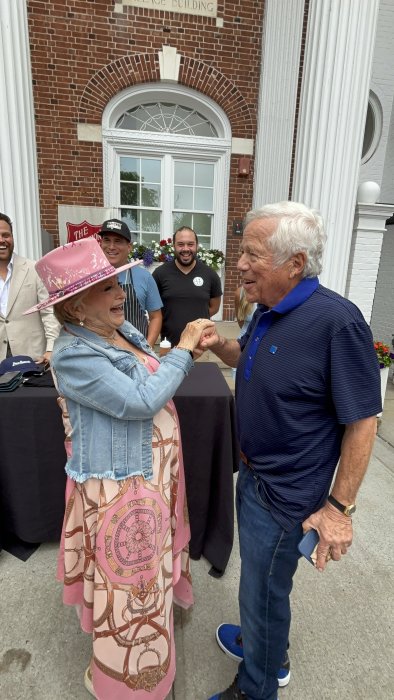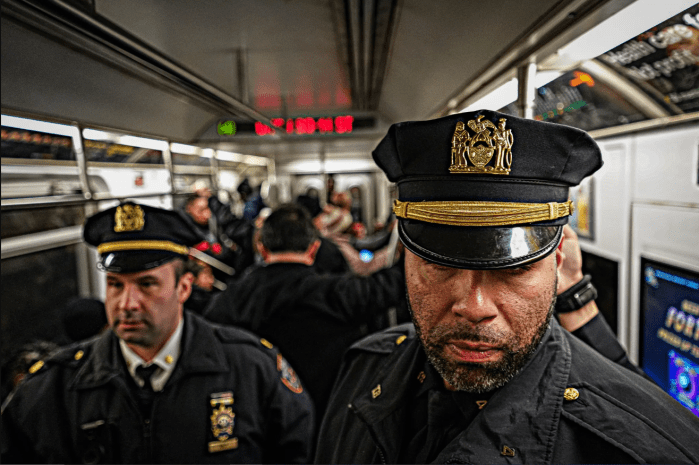
(Photo by Joe Greene)
Peter Wolf has always had a fierce devotion to the roots of American music dating back to his childhood growing up in the Bronx. His older sister’s extensive doo-wop collection provided a source of inspiration, as did time spent attending numerous Alan Freed Big Beat shows, where the young Wolf got to see a cavalcade of future legends on one bill including Little Richard, Jerry Lee Lewis, The Everly Brothers, Buddy Holly & The Crickets, Chuck Berry, Dion & The Belmonts and The Chantells. Adding to all this was the fact that Wolf attended high school in Harlem, which afforded him the opportunity to make weekly trips to the legendary Apollo Theater, where he saw numerous R&B icons perform. It’s a mixed bag of influences that carried him through his time as a co-founder of the J. Geils Band and up through a solo career that includes his most recent effort, A Cure for Loneliness.
 On it, variety continues to be the spice of life for the septuagenarian rocker, who not only works in elements of Tex-Mex, bluegrass and soul, but also works in rich-sounding covers of Moe Bandy’s 1974 honky-tonk hit “It Was Always So Easy (To Find an Unhappy Woman)” and Thomas Wayne and the DeLons’ smash 1959 ballad “Tragedy.” It’s a deep-seated love and respect for the past that’s always been part of his musical DNA and has oftentimes found him exposing songs that might have been a little more obscure to a wider audience. It’s a sentiment he feels strongly about.
On it, variety continues to be the spice of life for the septuagenarian rocker, who not only works in elements of Tex-Mex, bluegrass and soul, but also works in rich-sounding covers of Moe Bandy’s 1974 honky-tonk hit “It Was Always So Easy (To Find an Unhappy Woman)” and Thomas Wayne and the DeLons’ smash 1959 ballad “Tragedy.” It’s a deep-seated love and respect for the past that’s always been part of his musical DNA and has oftentimes found him exposing songs that might have been a little more obscure to a wider audience. It’s a sentiment he feels strongly about.
“It’s some of the reason why we [in the J. Geils Band] enjoyed taking on songs like ‘First I Look At the Purse,’” he explained. “The Stones did it too. People think they came up with ‘Time Is On My Side’ but it was a great, older Irma Thomas song. The Stones didn’t do it to try and steal it but to try and pay compliment to this song. It’s an homage to somebody that they admired. With the Geils Band and even with myself, I try to do the same thing by paying tribute to different artists and recordings that I feel resonate with me and that I feel my listeners don’t know and might enjoy discovering.”

Having not only seen plenty of his heroes play live, Wolf also befriended many of them, including well-respected rhythm and blues songsmiths like Don Covay and Bobby Womack. Both resonate in “It’s Raining,” a rich ballad swelling with Hammond B-3 organ, subtle gospel harmonies and nuanced horn arrangements that’s on the new record. It was a song Wolf co-wrote with Covay for the former’s 1984 solo debut Lights Out that the Geils front man wanted to recut with Womack.
“There was a great demo of Don and I singing that was rediscovered and when I played it for the guys in the band, they said we had to do it,” Wolf recalled. “I was hoping that Bobby Womack would join me in a duet because I wanted him to sing on Midnight Souvenirs, my previous record.

What was strange was just when we got done on the track I was going to send out to Bobby, Kenny White, my producer, told me that just that minute on his phone he got the news that Bobby Womack had just passed away. I was kind of stunned and very upset. So I went back and put on the introduction that you hear on the recording.”
Wolf’s highest profile came fronting the Boston-based J. Geils Band, a rhythm and blues-fueled sextet that, not unlike its lead singer, had a range that allowed them to easily switch gears from rock and blues to reggae, doo-wop and everything in between. Ironically, 16 years after the band was founded in 1967, success on MTV via 1981’s Freeze Frame fueled creative differences that led to Wolf heading out on his own.
 “To make it very simple, there were artistic differences. There was a desire to go more pop and I had a desire to stay more rootsy,” Wolf explained. “A lot of Lights Out was written for the J. Geils next album after Freeze Frame. They went on to produce another record after that [1984’s You’re Getting Even While I’m Getting Odd] and if you listen to those two, you see pretty much what maybe was the differences in approach and feeling. It’s sad, because a group is like a marriage. They are very sacred kinds of things and no one wants to see a group break up. It’s sort of like a family breaking up. When Bruce Springsteen was inducting U2 into the Rock & Roll Hall of Fame, he stated, and I think it’s pretty accurate, ‘It’s easy to put a group together. The hard thing is to keep it together.’ I think we had a great run and I think it’s unfortunate because, let’s put it this way, I did not pursue a solo career by my own volition. It was a decision that was not made by me. The whole period was an unfortunate one. When we do reunions every now and then, it’s nice for me to revisit the catalog of material that was part of my life for so long.”
“To make it very simple, there were artistic differences. There was a desire to go more pop and I had a desire to stay more rootsy,” Wolf explained. “A lot of Lights Out was written for the J. Geils next album after Freeze Frame. They went on to produce another record after that [1984’s You’re Getting Even While I’m Getting Odd] and if you listen to those two, you see pretty much what maybe was the differences in approach and feeling. It’s sad, because a group is like a marriage. They are very sacred kinds of things and no one wants to see a group break up. It’s sort of like a family breaking up. When Bruce Springsteen was inducting U2 into the Rock & Roll Hall of Fame, he stated, and I think it’s pretty accurate, ‘It’s easy to put a group together. The hard thing is to keep it together.’ I think we had a great run and I think it’s unfortunate because, let’s put it this way, I did not pursue a solo career by my own volition. It was a decision that was not made by me. The whole period was an unfortunate one. When we do reunions every now and then, it’s nice for me to revisit the catalog of material that was part of my life for so long.”




